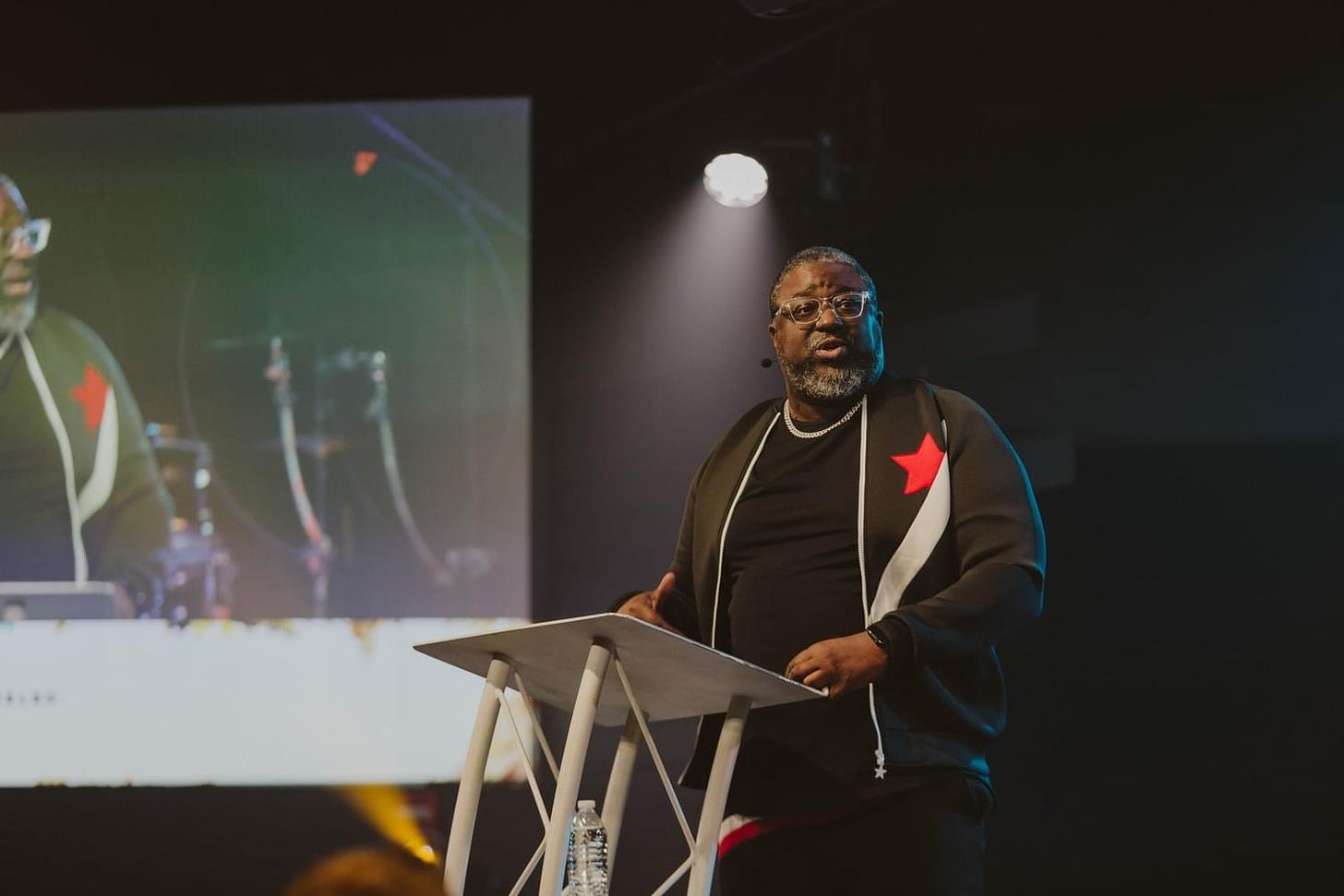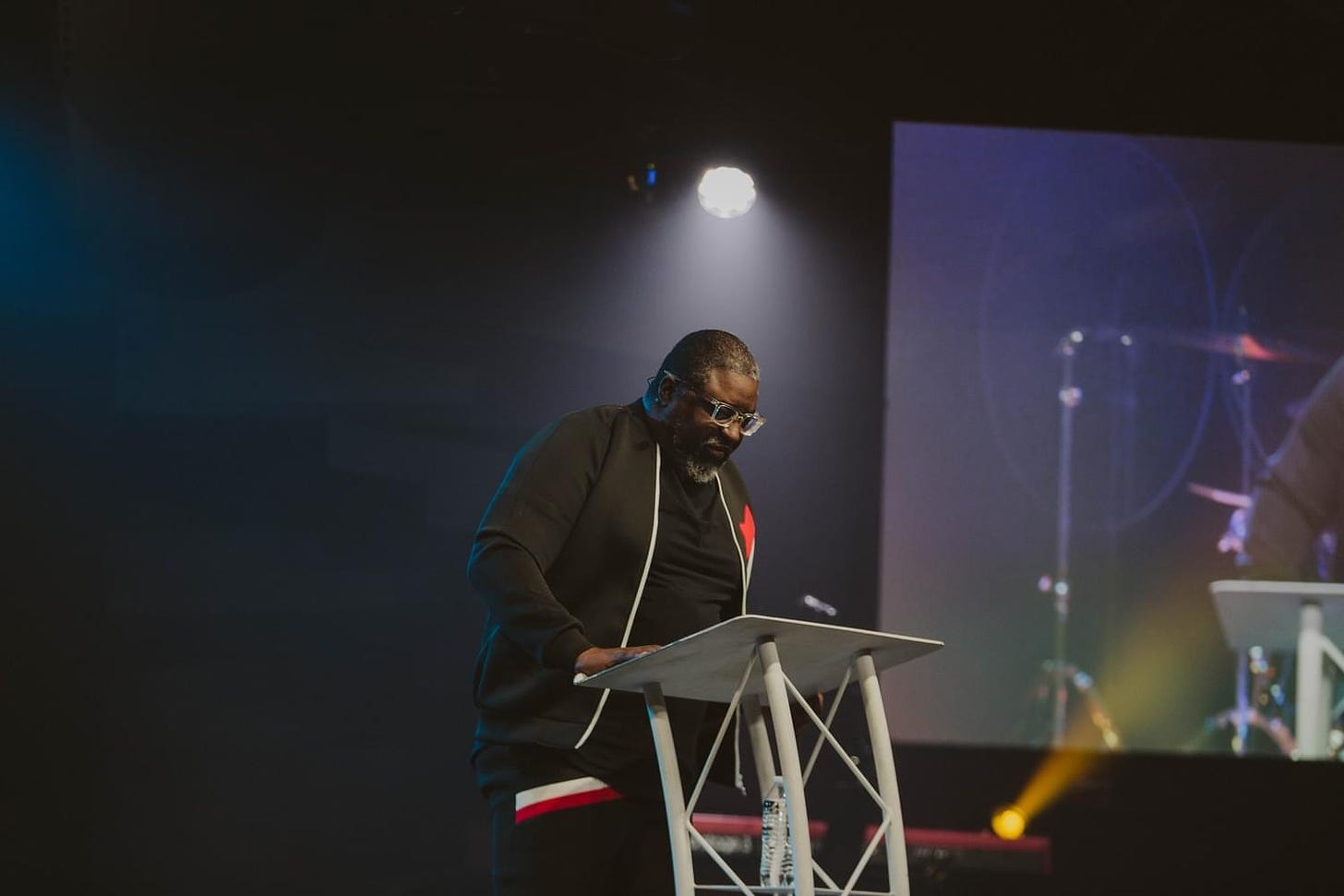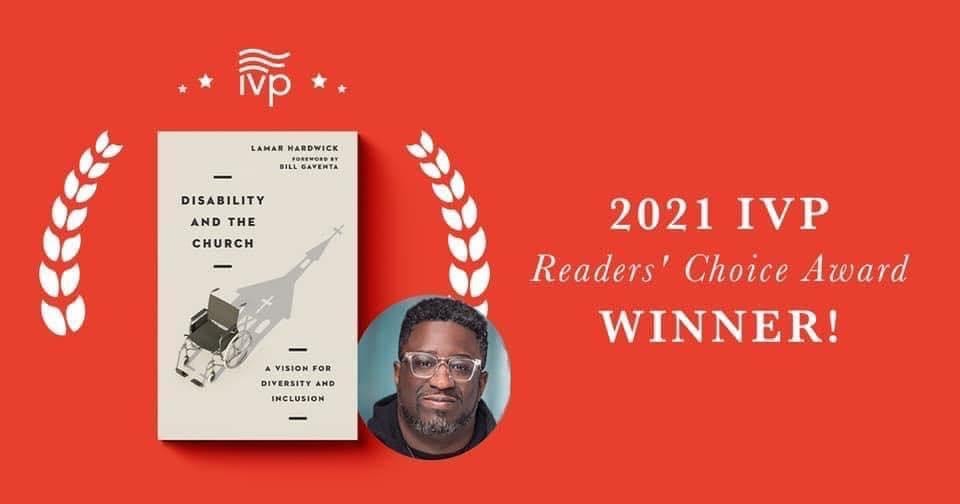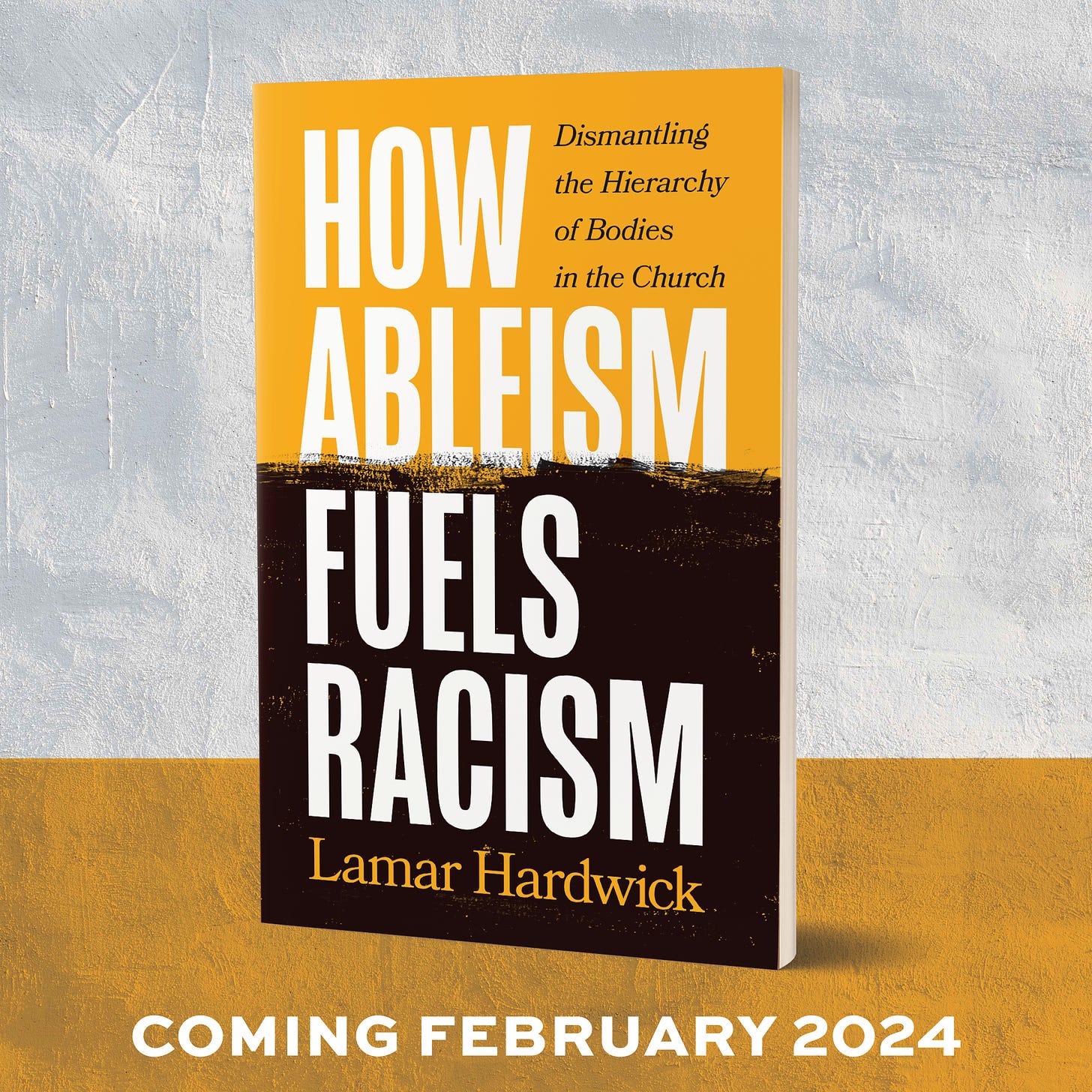It’s been a while since my last post. I’ve been dealing with some pain issues related to my cancer. I’ll be having an outpatient procedure tomorrow morning to address this problem. Prayers for a successful surgery are greatly appreciated.
In other news I’ve been doing lots of writing and I’m working on a book about my faith journey while battling cancer. I’m about halfway done with the manuscript and my agent and I are working on finding a publisher.
Until then here’s a sneak peek at what I’ve been working on. Enjoy! (Manuscript hasn’t been edited)
What I learned is that I needed to see prayer in a much different light if it was going to be meaningful to me, especially in a time of crisis. That meant that unlike the widow, I must first not see myself as a victim. While I certainly didn’t want cancer, I wasn’t a victim. Millions of people all over the world were literally battling the same disease I was, and to think that somehow, I and I alone was the victim of some cosmic injustice just didn’t seem to sit right with me so while I appreciated those who sent messages of encouragement, I struggled with those who sent me scriptures to recite, and songs to play, and books to read that would create the right faith formula to make God comply with my wish to be miraculously healed of cancer? I didn’t want to die, and I wanted the treatment to work, but I didn’t want to make my knowledge of scripture a means of trying to manipulate God into either relinquishing or sharing his power with me. Seeing prayer in this new way forced me to ask myself some tough questions. What if prayer is more than a plea of desperation? What if prayer is more of a declaration of dependence? What if prayer was not an act of aggression (like the widow) but an act of submission? What if the goal of prayer was not always just to get closure but the goal of praying to God in the middle of my battle with cancer was an opportunity for me and God to become closer? What if reciting scriptures and playing songs and using my knowledge of God wasn’t a means to be like God, but to be with God?
After all, if God always did what I wanted when I wanted it, then who is God? I want to be cancer free, but not at the risk of feeding on the fruit that says that knowledge is power, and that knowledge can protect me from God because God can’t be trusted to use his unlimited power wisely.
So the practice of observing communion took on a new and profound meaning for me as I learned to pray to God as I faced the unknown and the uncertain. The conversation that Adam and Eve had with the serpent at the tree was ultimately about the dispensation of power. God has it and we can’t trust God with it. Eat this fruit and at the very least, he has to share it with you.
The conversation with Jesus at the Passover table with his disciples, however, is a completely different conversation about power. Jesus has a conversation not about the dispensation of power, but of the differing of power. When God warns Adam about feeding on the fruit from the tree of knowledge of good and evil, it’s because God knows we lack the requisite holiness necessary for handling that type of power.
In just a few brief chapters after Jesus teaches his followers about prayer, he is found sitting with them in Luke 22 sharing the pass over meal and while he is trying to explain to them how he will differ his power by taking up the cross; the disciples argued about who would be the greatest among them. Like Adam and Eve at the tree and like the disciples at the table, we, too, keep reaching for the fruit when Jesus is offering us bread. Every sin we commit, and every act of disobedience, is rooted in our problem with power, our fear of not having it. As humans, we are constantly trying to wrestle power away from God so that we can not only use it on each other; we intend to use that power on God.
It is at the table that Jesus reminds his followers that his death, his differing of power, has the potential to liberate us from our lust for power. We sin because we don’t believe that God can be trusted with unlimited power. But we are wrong. The practice of communion became for me more than just a ritual. It became a reckoning. I can twist scripture and flaunt my so-called knowledge of the Bible to wrestle power away from God and make him heal me. I can reach for the fruit that says that knowledge is power, and power is protection OR I can reach for the bread. Battling cancer helped me realize that whatever communion is for me, it should be a sobering reminder that my allegiance will ultimately follow my appetite. The blood and the bread aren’t about how I want God to Be-have. It’s an invitation to BE-loved and to Be His. And that means that I have to trust that God can be trusted with unlimited power because being knowledgeable does not, under any circumstances, mean you are invincible.
Pre-Order my forth coming book here
https://bakerbookhouse.com/products/542826







